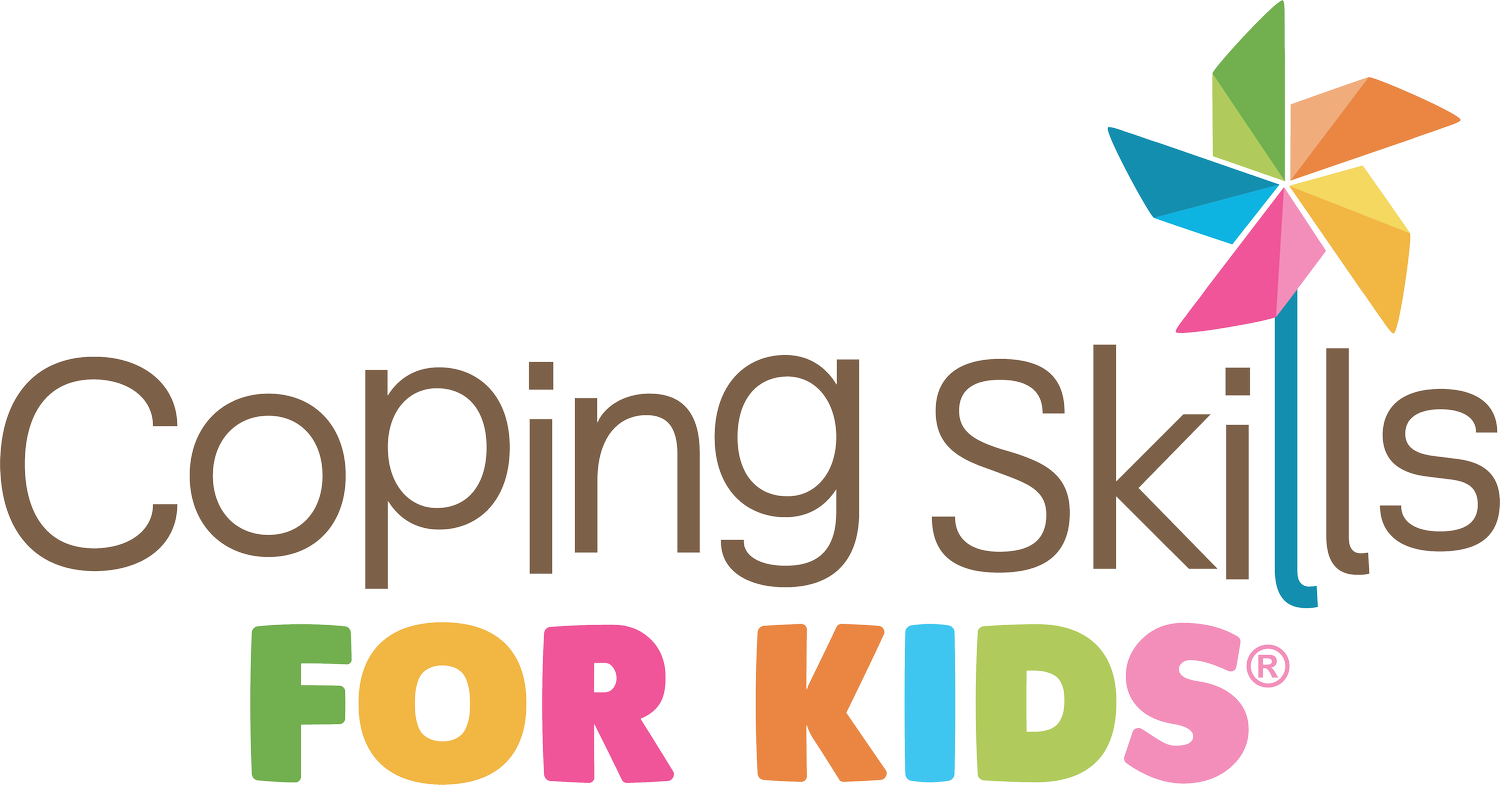In this episode, Ned and I discuss the “parent as consultant” way of approaching raising children. It’s important to not solve all your kids' problems, they need to build those skills themselves to face issues in a constructive and thoughtful way.
We also discuss stress and how we all need to learn how to deal with it. As a parent, guardian or teacher, we all need to model self-care to manage our stress levels so our children can watch, learn and mimic that behavior.
The topics we cover in this episode are:










